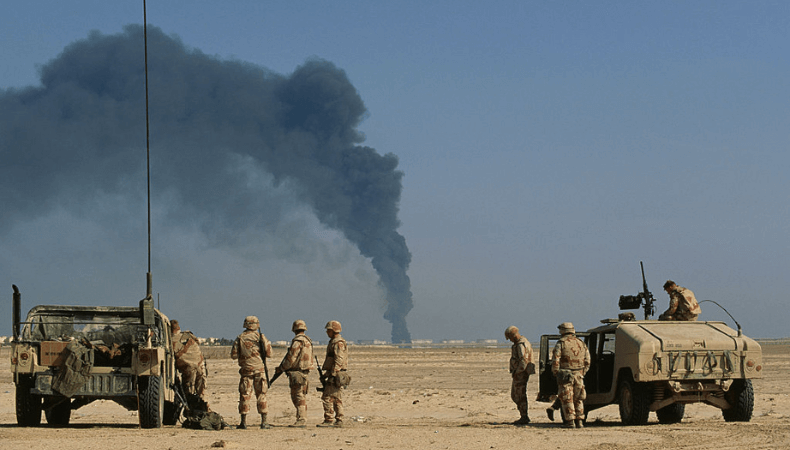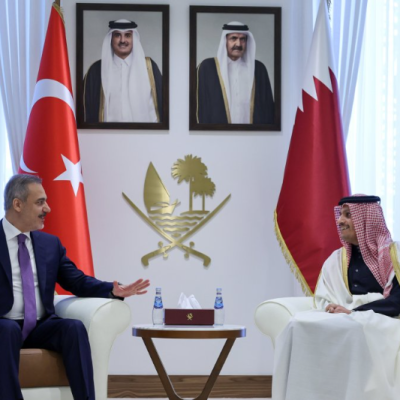Navigating the Turbulent Tides: The Middle East’s Path to a Post-American Regional Order

In the early weeks of 2024, the Gaza Strip found itself engulfed in a catastrophic war, thrusting the Middle East into the forefront of global attention once again. As the region grappled with the implications, the United States responded with a show of force, underlining the challenges in maintaining stability. However, a deeper analysis suggests that the U.S. commitment to the Middle East may not be long-term, paving the way for regional powers to take charge of their destiny.
The Changing Landscape:
The Biden administration, preoccupied with global challenges such as China and Russia, signaled a shift away from the Middle East well before the Gaza conflict. The war, triggered by Hamas’s October 7 attacks, prompted direct U.S. military engagement, but the underlying policy orientation remains unchanged. Regional powers must recognize that waiting for extensive U.S. involvement may not be a sustainable strategy.
The Regional Power Play:
As the United States contemplates its role, regional powers, and Qatar, are urged to step up. Countries like Egypt, Jordan, Iran, Turkey need to collaborate to define a collective way forward. Despite the complexities introduced by the war, these nations must work towards lasting mechanisms for conflict prevention and, ultimately, peace.
The Urgency of Diplomacy:
Amidst the rubble of Gaza, finding common ground for peace becomes paramount. Regional powers must not only support a meaningful political process between Israelis and Palestinians but also establish robust regional security arrangements. It’s time for the Middle East to have a standing forum for regional security, providing a permanent venue for dialogue among its own powers.
Keep Reading
Diverging Views on U.S. Involvement:
Frustration with the Biden administration’s response to the war has led some Arab leaders and pro-interventionists to desire increased U.S. involvement. However, the administration’s efforts have been mixed, with diplomatic and military activities failing to instill confidence. As Washington’s influence wanes, regional powers must chart their course towards collective leadership.
The Regional Reset:
The diminishing U.S. influence has prompted major regional powers to shape their security arrangements. Recent diplomatic breakthroughs and reconciliations among Gulf states, Iran, Israel, and others illustrate a shift in regional dynamics. The establishment of forums like the East Mediterranean Gas Forum and I2U2 indicates a desire for collaboration.
Seizing Opportunities for Peace:
The devastating war in Gaza presents an opportunity for regional leaders to redefine the future. Proposals from Egypt, Turkey, and Iran offer potential paths to a postwar peace. However, the absence of progress on the Israeli-Palestinian front highlights the need for regional powers to drive the peace process without relying solely on the U.S.
Building a Stable Future:
Recognizing the limitations of American power, the region needs a more self-reliant approach. A call for a standing dialogue forum, tentatively named the MENA Forum, could address cross-cutting issues initially, paving the way for more inclusive regional cooperation. Establishing such a forum requires political will and a commitment to building trust among regional powers.
Conclusion:
The war in Gaza has exposed the limits of American influence in the Middle East, opening a window for regional powers to take charge. The path to a post-American regional order requires collective leadership, diplomatic initiatives, and the establishment of permanent forums for dialogue. As the region stands at a crossroads, the choice between descending into further crisis or building a different future rests in the hands of its leaders.







